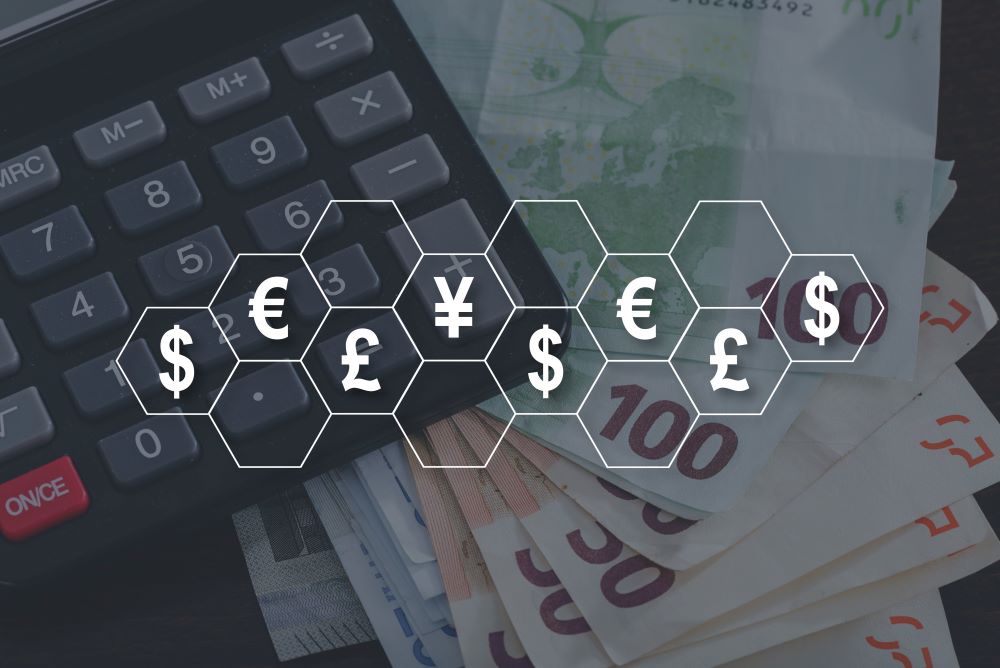
Sponsored content from Bibby Financial Services
As expected, last week’s Federal Open Market Committee (FOMC) meeting saw the Federal Reserve (FED) keep US interest rates on hold in a positive development for global markets.
The Fed said it expects higher growth in the near future but at the same time doesn’t see the need to hike interest rates.
The US economy is now projected to grow by 6.5% in 2021, up from the 4.2% forecast issued three months ago.
Higher growth will come at the cost of higher inflation, but the Fed feels a transitory increase above 2% will not justify a rate hike.
Fed announcement boosts pound…
Within 90 minutes of the Fed’s announcement about interest rates, the pound raced from US$1.385 to $1.398.
In another volatile week and with dollar bond yields still moving higher, the pound increased in strength and reached its weekly high of just over US$1.40 on Thursday morning.
... until BOE also holds interest rates
On Thursday, the Bank of England (BOE) also held interest rates and announced it would not change its stimulus programme.
Both US and UK central banks are working on an ‘outcome-based’ scenario and will not act until data shows that inflation is notably higher.
With both the US and UK effectively talking their currencies down and amid news of higher infection levels in Europe, with the possibility of an EU export ban slowing the UK’s vaccine rollout, the pound fell on Friday and finished the week at $1.3865.
Steady against the Euro
Compared to other currencies, the pound was steady against the euro, spending most of the week trading between €1.165 and €1.17.
Markets will be watching out for any updates this week about a possible ban on the export of vaccines to the UK from Europe.
Euro struggles with vaccine woes
The euro was down against the dollar last week, due to Europe’s ongoing issues rolling out its vaccine programme and following strong US retail sales data adding pressure.
The currency will face further pressure after Italy announced a new lockdown and with Germany facing an exponential increase in coronavirus cases.
The euro started the week at US$1.1925 and, despite the dollar losing ground after the FOMC meeting, finished hovering around the $1.19 mark.
Oil prices fall
Prices came under pressure last week as concerns regarding new global infection levels increased. The week started on a high with oil around $66.25 per barrel before falling to lows on Thursday evening of $59.
A recovery on Friday saw the week ending just above $61.
Meanwhile, oil giant Saudi Aramco reported that earnings in 2020 fell by nearly 45% compared with 2019 – an indication of how much demand dropped during lockdowns last year.
Economic data this week
Today (22 March)
- US home sales data
- Speech from Fed chair Jerome Powell
Tuesday
- UK unemployment data
Wednesday
- UK Consumer Price Index data
- EU and German PMI reports
Thursday
- US GDP figures
Friday
- UK retail sales data
- EU consumer and business confidence data
- US personal spending, PCE price core index, personal income

